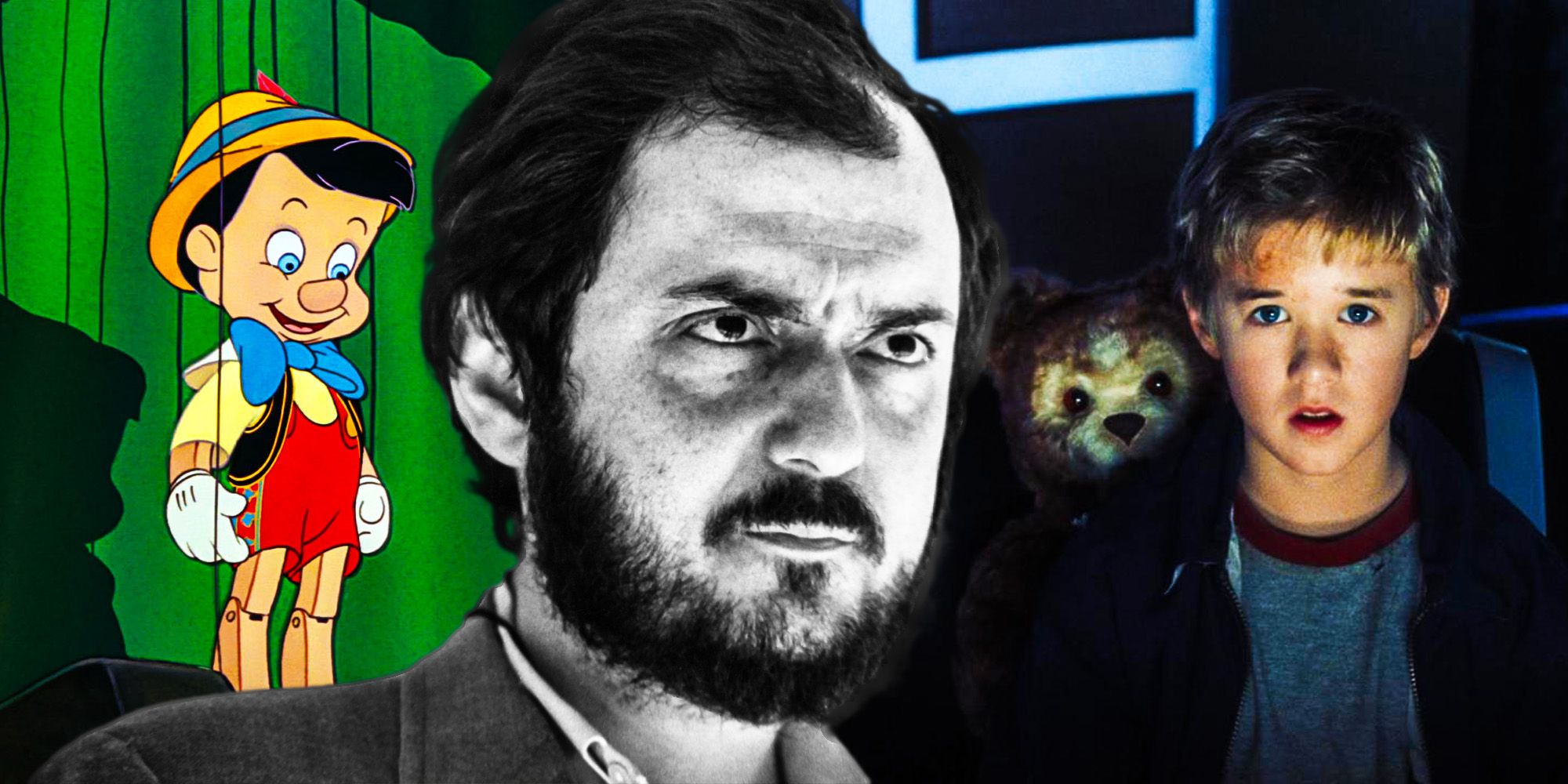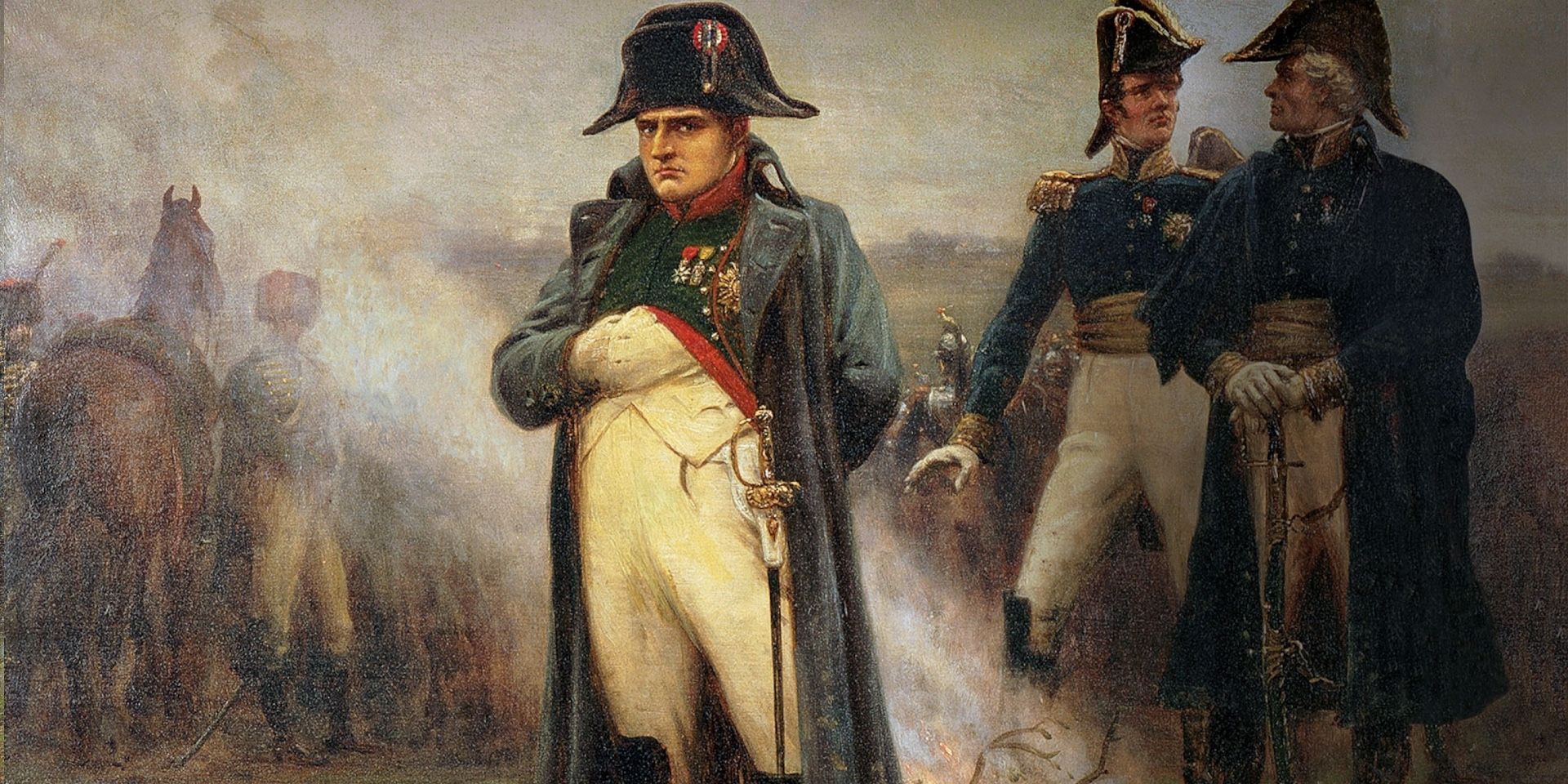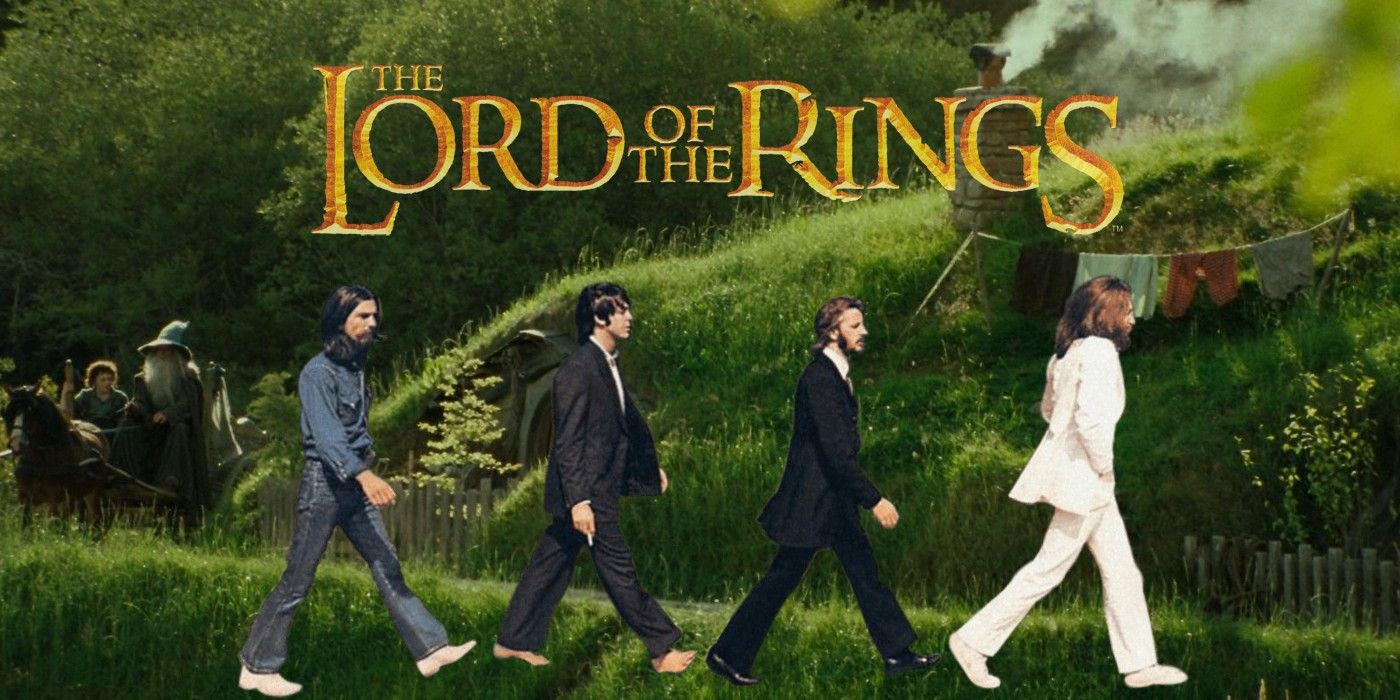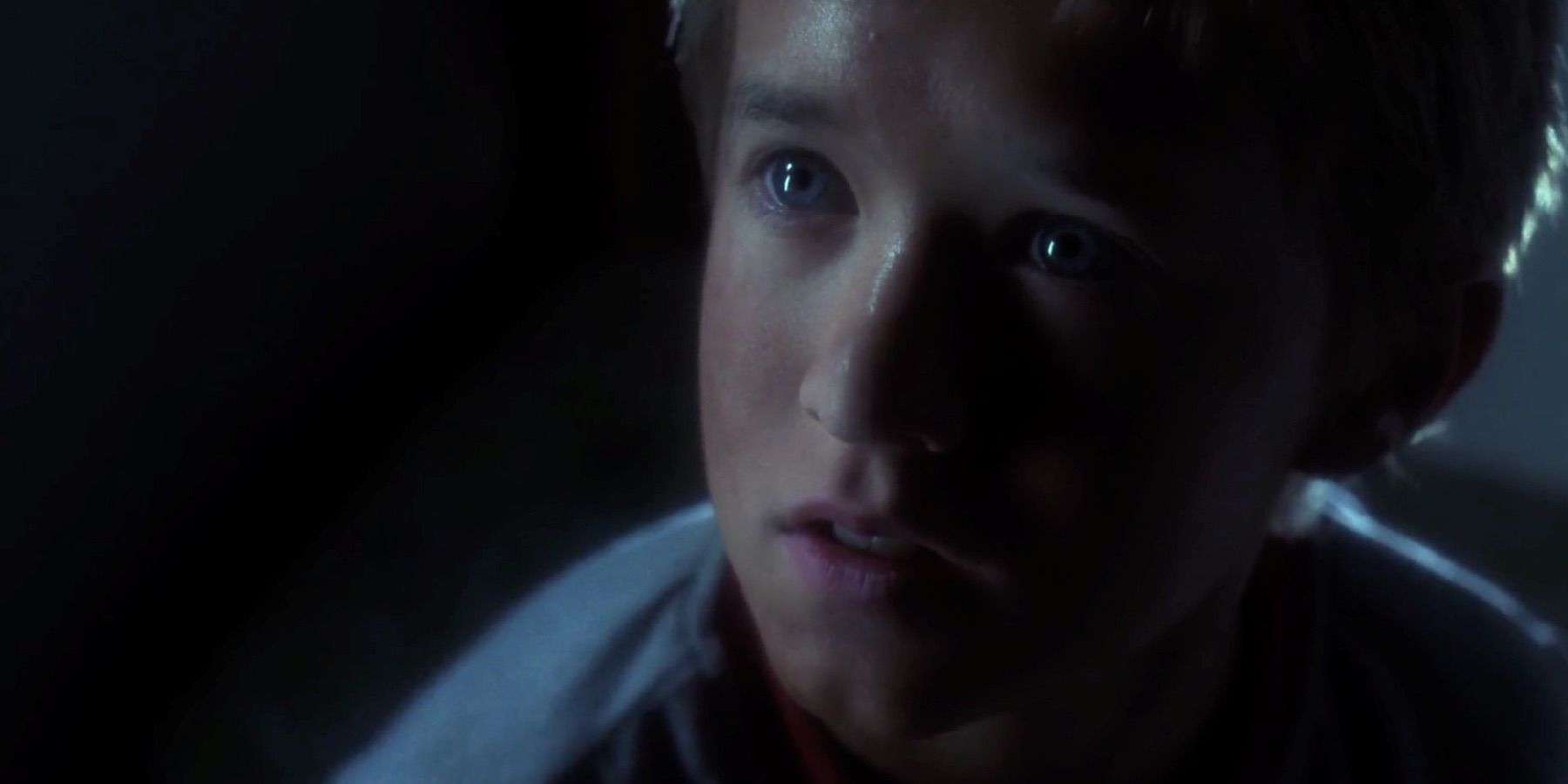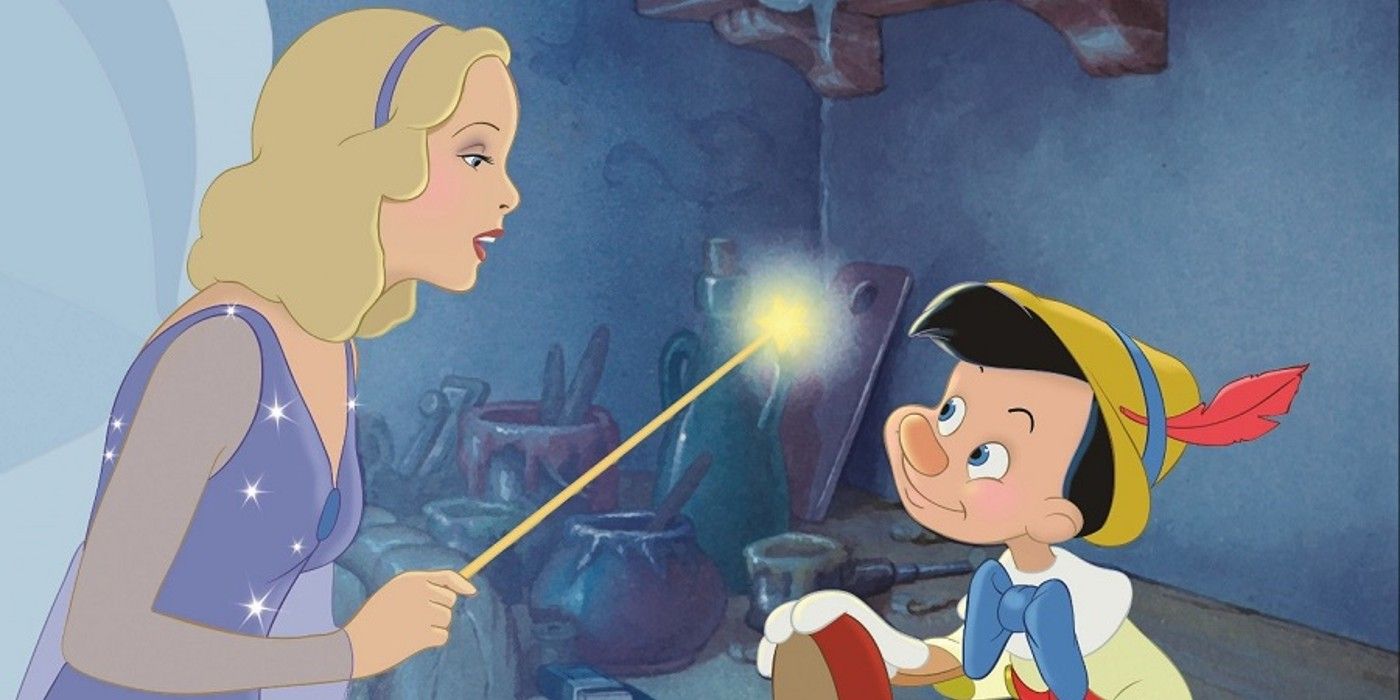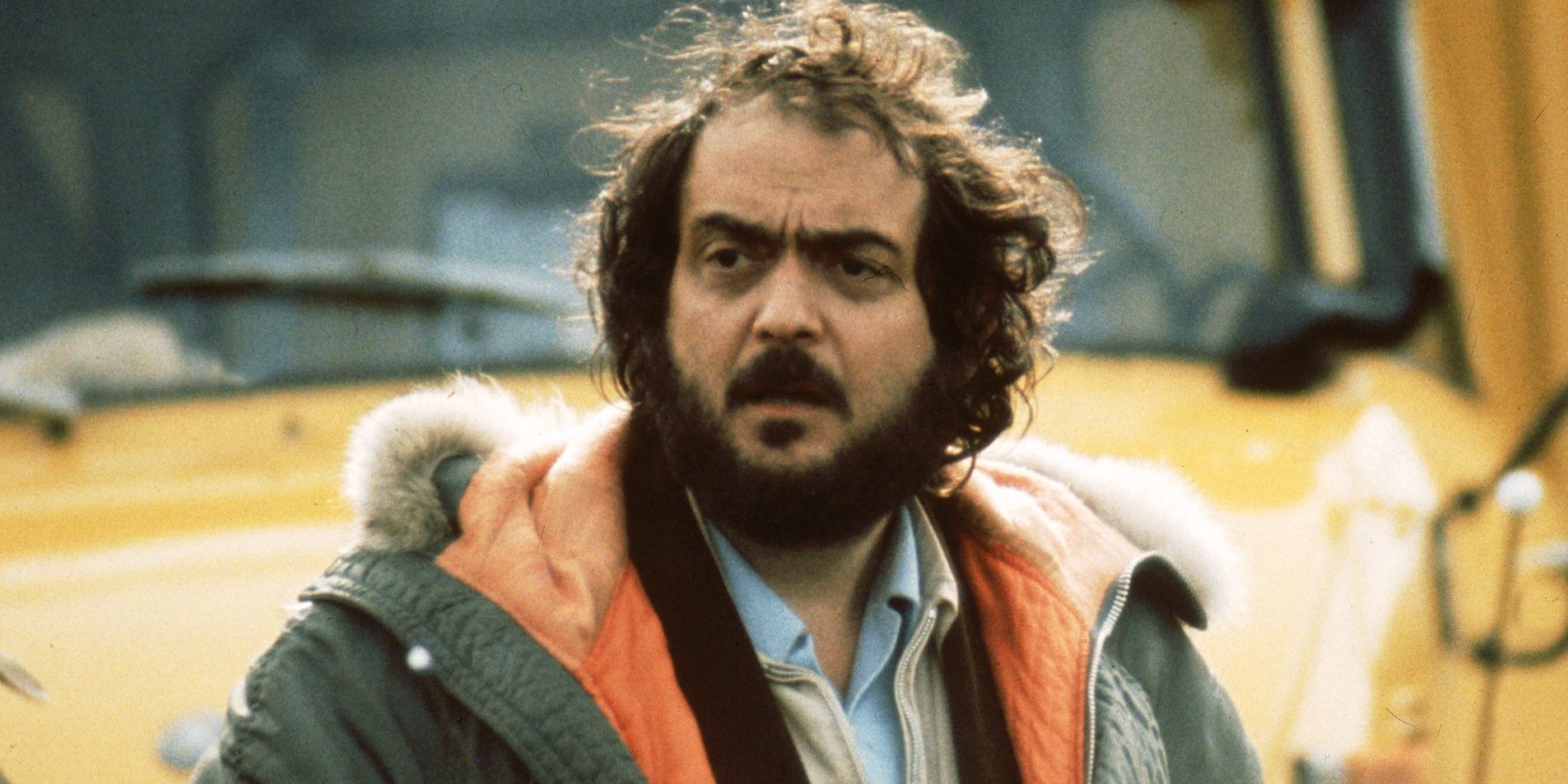Stanley Kubrick is widely considered one of the greatest filmmakers of all time, but which movies did Kubrick fail to make? In a career that spanned over five decades, Kubrick made 13 feature films. His first film was 1956's The Killing and although it was not a commercial success, Kubrick's mastery of vision impressed enough for his second film, 1957's Paths of Glory, to be financed. The film performed well with critics, establishing Kubrick as an exciting director and beginning his long line of critically and commercially successful films.
Although not critically adorned upon release, both Kubrick's The Shining and A Clockwork Orange are now considered among the greatest and most influential movies of the 21st century. Kubrick operated in various genres - from noir to war films and period pieces to sci-fi. Each time, Kubrick sought to reinvent the genre he worked in, and while he was not the most prolific director, Kubrick's quality of vision never wavered across his iconic filmography.
The fact that Kubrick did not make as many films as might be expected across his forty-year career is partly due to his numerous projects that did not materialize. Among those projects are films that were eventually released after other directors took over or ideas that were shelved altogether thanks to Kubrick's relentless schedule across a 50-year career. As a result, here's every unmade Stanley Kubrick movie and why they didn't happen.
Kubrick Nearly Made A Napoleon Biopic
After the success of 1968's 2001: A Space Odyssey, the next project Kubrick wanted to make was a huge scale biopic about Napoleon Bonaparte. In his determination, Kubrick watched "every film that was ever made about the subject," researched the French leader, and even created a catalog of everything Napoleon and his inner circle did in the years Napoleon was in power. This research led to Kubrick writing a preliminary screenplay for the film and casting Jack Nicholson for the lead role, with Kubrick proclaiming he expected Napoleon to be "the best film ever made." However, Sergei Bondarchuk's Napoleon-based film Waterloo (1970) was a dud at the box office upon release, meaning that the huge production costs that Kubrick required to shoot on location in France would have posed too high a risk for studio MGM at the time.
The Beatles Wanted Kubrick To Make Lord of the Rings
The Beatles' attempt to bring Tolkien's The Lord of the Rings to the big screen is now the stuff of legend, with the band attempting to purchase the film rights for Tolkein's fantasy epic to cast themselves in lead roles and hire Stanley Kubrick as the director. Although Kubrick never made a fantasy film, by the early 1960s, he had already established himself as one of the most proficient and versatile directors in Hollywood, which garnered the attention of The Beatles. However, Kubrick turned down the offer because he believed Lord of the Rings to be unfilmable, citing the book's plot as "too immense" to be put on screen. After Kubrick turned down The Beatles' Lord of the Rings offer, they quickly lost interest in the project, with Tolkien refusing to let the band adapt his life's work.
Kubrick Was Going To Make A.I. Artificial Intelligence Before Spielberg
In the early 1970s, Kubrick acquired the rights to Brian Aldiss' short story "Supertoys Last All Summer Long" and hired Aldiss to write a film treatment before subsequently firing him and hiring a slew of writers to create a narrative he was pleased with. This pored-over story would eventually develop into A.I. Artificial Intelligence, with Kubrick viewing the tale as a robotic version of Pinocchio. Although Kubrick was content with the plot for the film, he believed that computer-generated images were not advanced enough to properly create the character David. As a result, Kubrick's decision to omit early CGI from the project resulted in the film being left in development hell for years.
In 1994, Kubrick tried to convince director Steven Spielberg to take over the project, believing it was in line with the Jurassic Park director's sensibilities. At the time, Spielberg had other commitments and persuaded Kubrick to continue with the film. Kubrick's attention subsequently turned to his final movie, Eyes Wide Shut, and it was not until Kubrick's death in 1999 that the production of A.I. Artificial Intelligence accelerated, and Spielberg finally chose to helm the project.
Kubrick Planned To Remake Pinocchio Before His Death
If Kubrick had directed Pinocchio it would have been starkly different from his other films. In an interview (via The Guardian), Kubrick's long-time assistant Emilio D'Alessandro claimed that Kubrick wished to make his own version of Pinocchio to "make children laugh and feel happy." Although Kubrick saw A.I. Artificial Intelligence as a retelling of Pinocchio (which is receiving two new movies in 2022 alone), this project was completely separate, with Kubrick's Pinocchio set to be his first true "family film." Pinocchio is a universal story, but Kubrick would have brought his unique perspective to the tale as he always did in his films.
Kubrick's Unrealized Nazi-Based Projects
Kubrick's life-long fascination with World War II and the Nazis was documented by his assistant, Anthony Frewin, who wrote (via The Atlantic) that the director "desperately wanted to make a film on the subject." The most infamous of Kubrick's unrealized WWII-based projects is the Aryan Papers. In the early 1990s, Kubrick wrote the screenplay for the film, which was based on Louis Begley's book Wartime Lies. Set in Warsaw, Poland, the Aryan Papers was to tell the story of a boy and his aunt in hiding during the Nazi regime. Julia Roberts and Kill Bill star Uma Thurman were considered for the role of the aunt; however, no casting choices were ever made official.
The Aryan Papers was just one of several nazi-based projects Kubrick considered making. Fascinated by the career of Nazi filmmaker Veit Harlan, Kubrick pondered the possibility of making a film based on Joseph Goebbels's social circle. However, the screenplay was never completed for this vision. In addition, Kubrick's idea to create a biopic based on the life of Dietrich Schultz-Koehn, a Nazi officer who wrote reviews of German music scenes during the Nazi era under the pen name of "Dr. Jazz," did also failed to come to fruition.
Evidently, Kubrick saw the potential for a film that explored the intersection between cinema and Nazism - two of his greatest interests. He also considered other Nazi-based projects that explored WWII and its horrors, such as Andrew Birkin's screenplay based on Inside the Third Reich and The German Lieutenant - a screenplay written by Kubrick. There were several reasons that these projects did not progress, such as Kubrick believing that a Jewish director should tackle movies based on the Holocaust and scheduling conflicts with his other films. Although Stanley Kubrick never helmed a film based on WWII, he directed the WWI films Paths of Glory and Full Metal Jacket set during the Vietnam War that once again showcased his iconic deft touch at bringing large-scale military conflicts to life.

